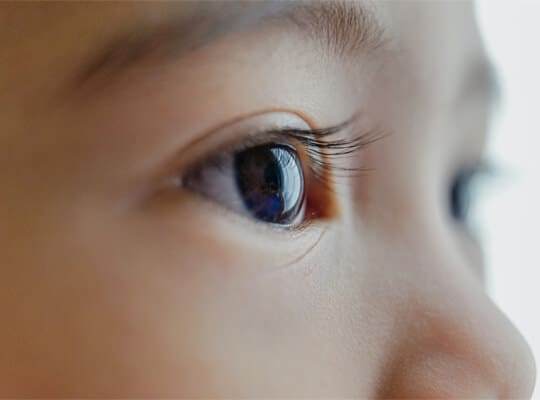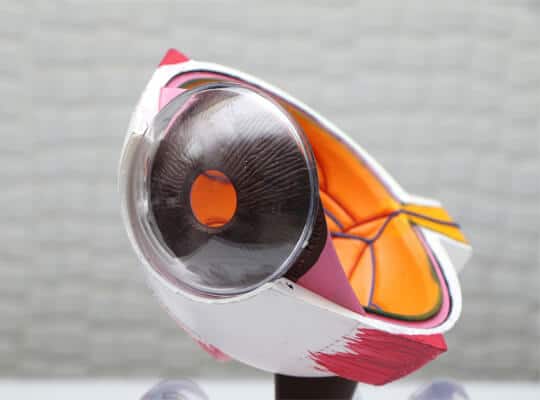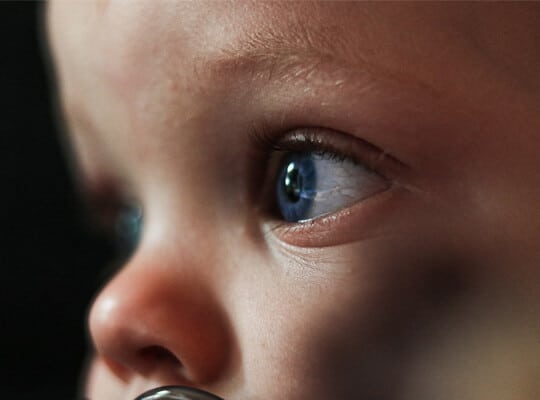Eye Health of Premature Baby
Table of Contents
Eye Health of Premature Baby
Premature babies are at risk of developing eye problems, especially if they were born before the 31st week of pregnancy. Some premature babies are born with eye problems that are present at birth, some develop them later. If a baby’s eyes are too immature to handle exposure to light and moisture, it can lead to scarring or blindness. Infant eye injuries include retinopathy of prematurity (ROP) and retinal detachment. ROP is the most common cause of visual impairment in children under five worldwide, but it can be treated successfully if detected early.
Premature babies are at risk of developing eye problems, especially if they were born before the 31st week of pregnancy
Premature babies are at risk of developing eye problems, especially if they were born before the 31st week of pregnancy.
Eye problems in this age group are often caused by low oxygen levels and a lack of nutrients during development. Some of these conditions include:
- Retinopathy of prematurity (ROP) – abnormal blood vessels growing on the retina, which can lead to vision loss or blindness if left untreated
- Cataracts – cloudy spots in your baby’s lenses that can cause blurred vision and make it hard for him/her to see clearly

Some premature babies are born with eye problems that are present at birth, some develop them later
Some premature babies are born with eye problems that are present at birth, some develop them later. Some examples of eye problems that can develop later in life include:
- Retinopathy of prematurity (ROP) – ROP is a condition in which blood vessels grow very quickly in the retina and are distorted by the growing tissue around them. This causes scarring on your baby’s retina, which can lead to vision loss if not treated early enough or if left untreated for too long.
Cataracts – Cataracts occur when protein builds up inside the lens of your child’s eyes, causing it to become cloudy and blurry over time as his/her body grows up into an adult.

If a baby’s eyes are too immature to handle exposure to light and moisture, it can lead to scarring or blindness
If a baby’s eyes are too immature to handle exposure to light and moisture, it can lead to scarring or blindness. The cornea is the outermost layer of your eye that helps you see clearly. It’s made up of many layers that grow together over time as you age–if you’re born prematurely (before 37 weeks), these layers haven’t had enough time to develop fully yet. This means that your corneas may be more susceptible to damage from exposure to bright lights or too much moisture than those of someone who wasn’t born early on in their development process.
Infant eye injuries include retinopathy of prematurity (ROP) and retinal detachment
- In addition to ROP, premature babies are also susceptible to other eye conditions.
- Retinal detachment is a separation of the retina from its underlying tissue due to injury or disease. This can result in loss of vision and requires immediate treatment by an ophthalmologist.
- Infant eye injuries include retinopathy of prematurity (ROP) and retinal detachment.
ROP is the most common cause of visual impairment in children under five worldwide, but it can be treated successfully if detected early
ROP is the most common cause of visual impairment in children under five worldwide, but it can be treated successfully if detected early.
It’s important to catch ROP during your baby’s regular eye exams, which will happen at birth and again at two weeks old. These exams are also an opportunity for your doctor or nurse practitioner (NP) to check for any other health issues that may be affecting your newborn’s vision.

Early detection of eye problems is important for premature babies
Early detection of eye problems is important for premature babies because they are at risk for developing retinopathy of prematurity (ROP), which can lead to blindness.
ROP is a disease that causes abnormal blood vessel growth in the retina and choroid, the layer behind your eyeball. It usually appears between 28 weeks and 34 weeks gestation and affects one out of every 100 births worldwide–but it’s more common among premature babies than full-term infants. If you’re worried that your child may have ROP or any other vision problem, contact his or her doctor right away!
In conclusion, premature babies are at risk of developing eye problems. If these are detected early, they can be treated successfully. We would like to introduce you to our specialists for your baby’s eye health and inform you about the safest treatment method for your baby/child.
For More Information
Please do not hesitate to contact us for more information on the subject.



